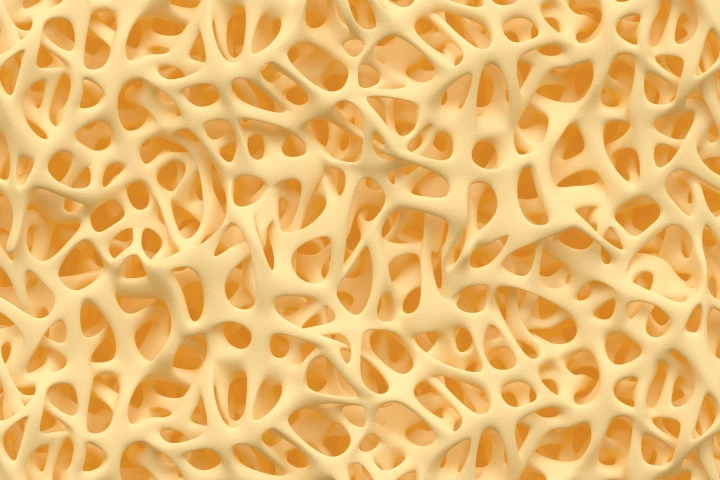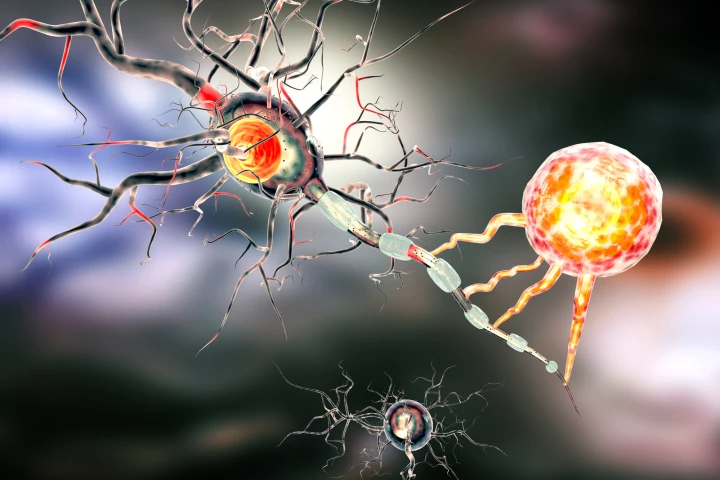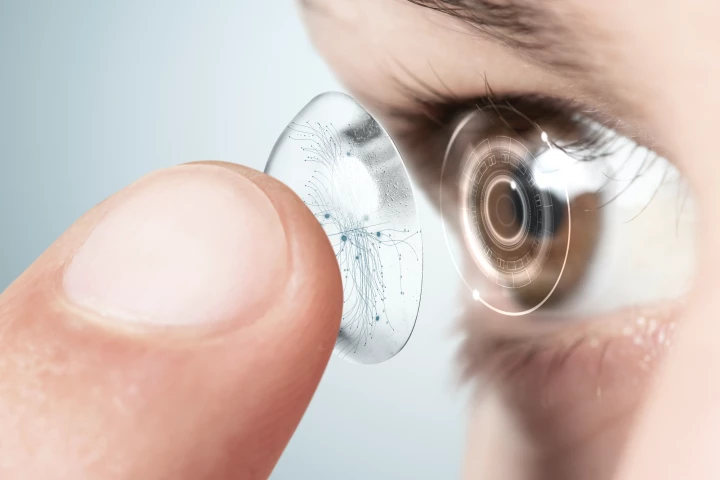Pohang University of Science and Technology
-
Whether they're caused by injury or other factors, missing sections of bone can be quite difficult to replace. A new injectable hydrogel could change that, however, by transforming into a bone regeneration material when exposed to visible light.
-
The utility of the humble mussel in the world of medicine has expanded once again. This time, researchers figured out how to use a mussel-based glue to hold stem cells in place long enough to repair cartilage inside a rabbit's body.
-
Overactive bladder syndrome can interfere with a person’s daily activities and affect their mental health. A new hydrogel-based sensor can continuously monitor overactive bladders and potentially improve the treatment of the condition.
-
If people with glaucoma don't stay on top of their condition, blindness may result. An experimental new contact lens is designed to help, by both monitoring glaucoma symptoms and automatically releasing medication as needed.
-
A new technique using piezoelectric nanoparticles that are activated via bursts of ultrasound has shown promise as a wire-free way to stimulate the brain. It could be used to treat Parkinson's disease and other brain-based disorders.
-
Researchers have developed an ultra-small, ultra-thin LiDAR device that splits a single laser beam into 10,000 points covering an unprecedented 180° field of view. It's capable of 3D depth-mapping an entire hemisphere of vision in a single shot.
-
If diabetes progresses too far, it can result in a potentially blinding condition known as retinopathy. And while existing treatments are invasive and often painful, there may be new hope in the form of an LED-equipped contact lens.
-
Scientists from Korea's Pohang University of Science and Technology have created a simple thermometer-like device that can confirm whether or not a patient has actually had a heart attack. It could find use in developing nations or rural locations.







